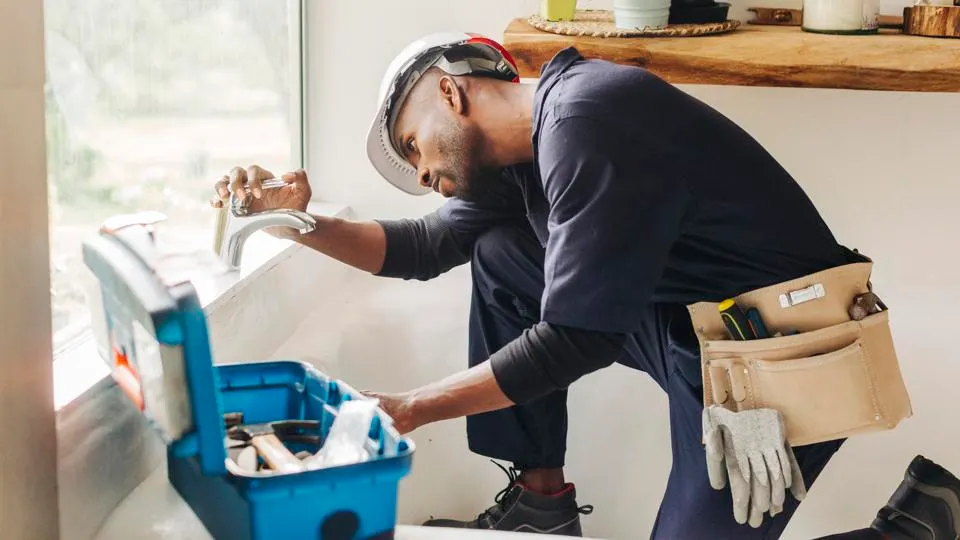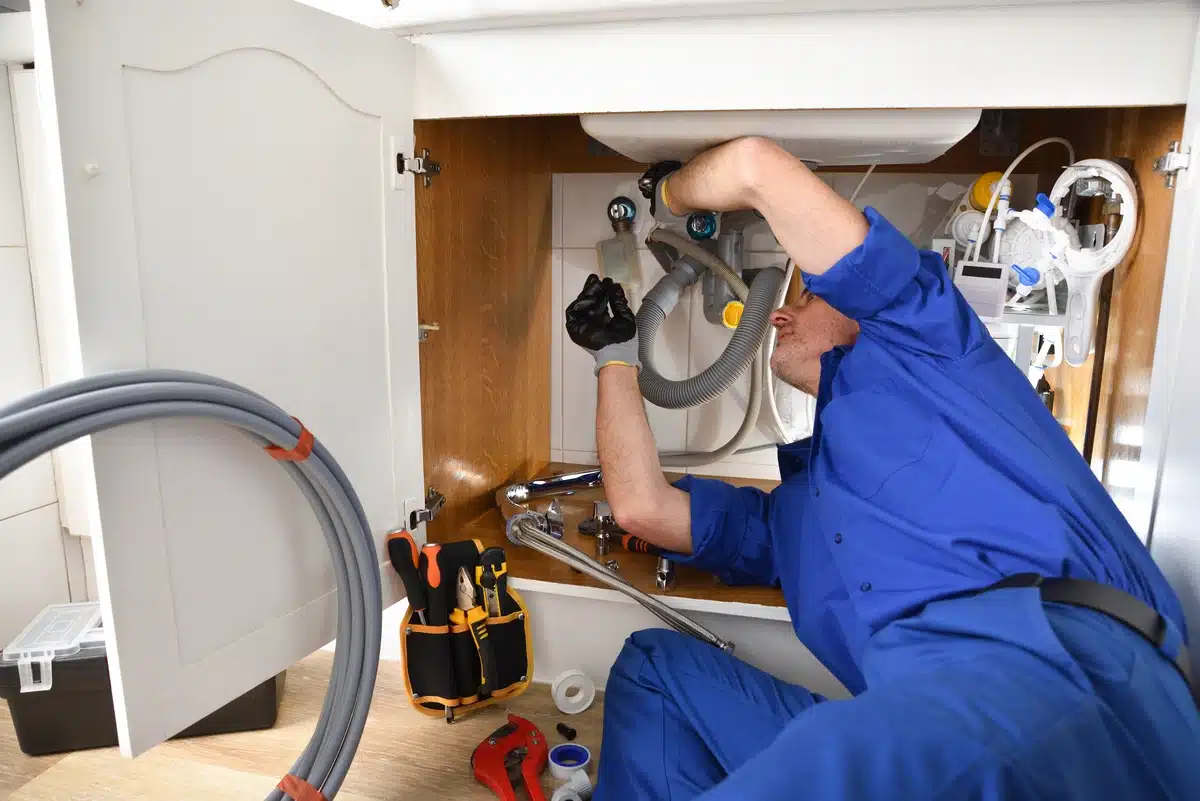Plumbing is an essential part of our lives, providing clean water and waste disposal. But plumbing systems can be complex and require regular maintenance from a professional υδραυλικος to ensure they are functioning properly. This guide will outline the steps needed for proper plumbing maintenance and prevention.
1. Understand Your Plumbing System:
The best way to prevent plumbing problems is to understand how your system works. A professional plumber should be able to provide you with diagrams and information about your home’s pipes, fixtures, drains, septic tanks, water heaters, etc., so that you are better equipped to spot any potential issues before they become major problems.

2. Inspect Regularly:
To help catch any minor issues early on it is important to inspect all areas of the plumbing system regularly – both inside and outside the house – for signs of corrosion or leaks. This includes looking at exposed pipes in basements or crawl spaces, checking faucets for drips or leaks, inspecting toilets for running water when not in use or slow flushing times, ensuring there are no puddles around outdoor spigots or hose bibs, etc.
3. Clean Drains & Fixtures:
Clogged drains can lead to more serious problems if left unattended, so it is important to keep them clear by using natural drain cleaners such as baking soda and vinegar or store-bought chemical products (if necessary). In addition, fixtures such as shower heads or tap aerators should also be cleaned regularly with a brush dipped in vinegar solution (or a commercial product) and rinsed with warm water.
4. Replace worn parts and components:
Over time, parts can wear out due to age and frequent use, leading to breakages and other malfunctions, so it is important to replace worn components such as washers/gaskets on taps and valves as soon as possible before further damage occurs – which can also save you money in the long run! It would be wise to ask your plumber which parts may need to be replaced sooner rather than later, depending on their condition, so that your system remains efficient throughout its lifetime.
5. Install water filters and pressure reducing valves:
Installing filters on taps/showers removes harmful impurities from the water supply, while pressure reducing valves regulate the pressure coming into your home – both of which reduce stress on pipes/facilities, resulting in fewer repairs in the future. Ask a qualified plumber which type is best for your household needs!
6 . Use high-quality materials:
To ensure optimum performance over time, it is imperative that only high-quality materials are used when making repairs or installations within the plumbing system – this will prevent rust build-up which can cause blockages down the line and significantly increase longevity! If you are unsure as to what type of material will work best, consult an experienced engineer who will be able to advise you based on their experience of successfully completing similar projects in the past!

7 . Follow the manufacturer’s instructions when using equipment:
To minimize the risks associated with the misuse of appliances such as dishwashers, washing machines etc, always follow the manufacturer’s instructions when using these types of appliances – this will reduce the chances of flooding due to improper connections between appliance hoses/pipes etc… to avoid costly repair bills caused by negligence here!
8 . Hire a professional plumber for major repairs:
When faced with major repairs such as sewer line replacements/repairs, it’s advisable that one hires a professional plumber who is familiar with performing said tasks correctly without causing further damage thanks to his knowledge gained through years of working within the industry – this ensures that the job gets done right the first time around without having to worry about any surprises afterward due to slip-ups during the process itself!
Taking these steps to maintain your plumbing system will ensure you have reliable access to clean water and proper waste disposal while avoiding potentially costly repairs in the future if you spot them early enough by carrying out regular inspections yourself – but don’t forget to call in experienced technicians when the big jobs come up!

